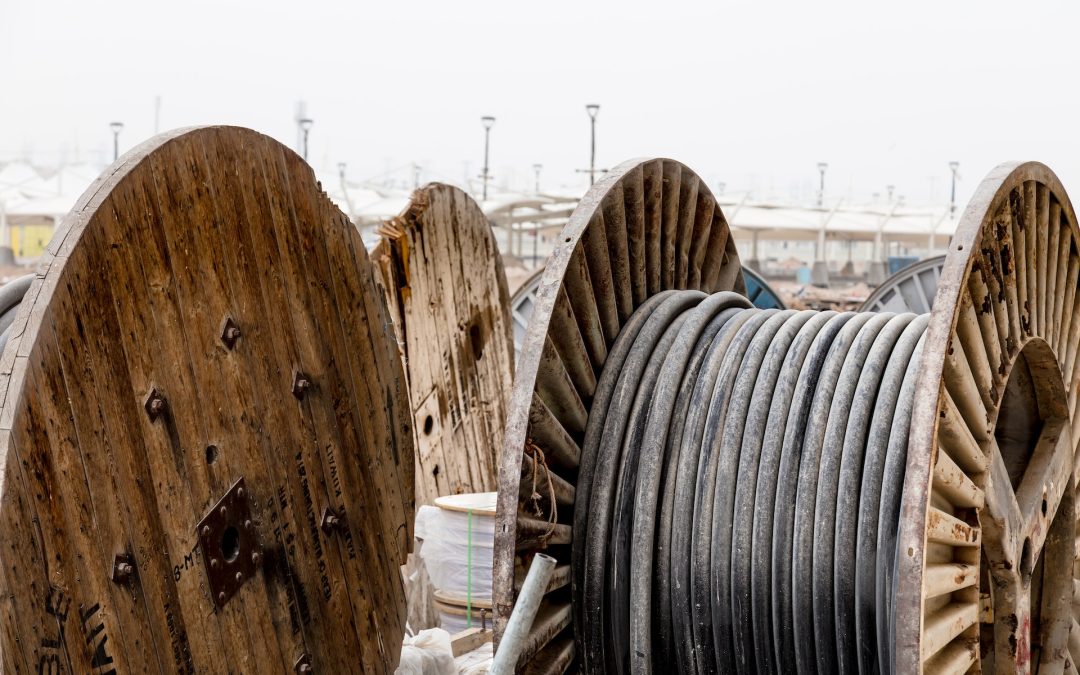The digital revolution has paved the way for a variety of internet solutions, with fibre internet taking centre stage. The promise of ultra-fast speeds, reliability, and an improved online experience has many clamouring to get connected. But before diving in, it’s essential to understand fibre coverage. What does it mean, and why is it crucial for potential subscribers?
What is Fibre Coverage?
Fibre coverage refers to the geographical areas where fibre optic internet services are available. It’s the digital equivalent of mapping out which areas can access this high-speed, high-quality form of the internet. Not all places will have fibre coverage, as laying fibre optic cables requires significant investment and infrastructure development. This factor means that while some urban areas might have extensive fibre coverage, some remote or rural areas might still be waiting for deployment.
How is Fibre Coverage Determined?
Several factors come into play when determining where fibre cables will be laid:
- Demand: Areas with high demand for high-speed internet – typically business districts or densely populated regions – often receive priority.
- Infrastructure: Existing infrastructure can either aid or hamper fibre deployment. Urban areas with readily available pathways (like underground tunnels or utility poles) can accelerate the rollout process.
- Cost: Deploying fibre optics is an expensive venture. Naturally, areas where the return on investment seems promising, get precedence for coverage.
- Partnerships: Sometimes, local governments or organizations collaborate with internet service providers (ISPs) to expedite fibre rollouts in particular regions.
Why is Knowing Your Fibre Coverage Important?
Understanding fibre coverage can influence several decisions:
- Relocation Decisions: For businesses and individuals reliant on high-speed internet, knowing fibre coverage can be a deciding factor when contemplating a move.
- Future Planning: For those areas not yet covered, knowing when fibre might arrive can help in planning future investments or projects that demand high-speed connectivity.
- Choice of ISP: Fibre coverage also reveals which ISPs service a particular area, providing clarity on options and packages available.
How to Check Your Fibre Coverage
Checking your area’s fibre coverage is typically straightforward:
- ISP Websites: Most ISPs, like Express Connect, offer online tools where you simply input your address to check coverage.
- Dedicated Coverage Maps: Some online platforms provide detailed maps showcasing fibre coverage across different regions and the ISPs servicing them.
- Local Authority Resources: Municipalities or local telecom authorities might also have updates on current and planned fibre rollouts.
Express Connect and Fibre Coverage
At Express Connect, we’re committed to expanding our fibre coverage, ensuring that more households and businesses access the superior internet experience that fibre offers. Our transparent tools and regular updates ensure that our subscribers are always informed about our coverage areas and expansion plans.
Conclusion:
Fibre coverage is a crucial metric in today’s digitally-driven world. It signifies that the future of internet connectivity is bright and accessible. By understanding fibre coverage, individuals and businesses can make informed decisions, ensuring they’re always in the loop and never left in the digital dark. For the latest fibre coverage in your area, trust Express Connect to light the way.
Frequently Asked Questions
Q: Which areas have fibre in South Africa?
A: Major cities and urban areas in South Africa, including Johannesburg, Cape Town, Durban, and Pretoria, have extensive fibre coverage. The availability is continually expanding to other regions, so it’s best to check with local ISPs for the most up-to-date coverage information.
Q: Is fibre better than WIFI?
A: Fibre and WIFI serve different purposes. Fibre refers to the high-speed wired connection that delivers the internet to your premises, offering superior speeds and reliability. WIFI, on the other hand, is a method of wirelessly distributing that internet connection within your space, and its performance can be influenced by various factors like distance and interference.
Q: Which network is best for fibre?
A: The “best” network for fibre can vary based on individual needs, location, and budget. In South Africa, several reputable networks and ISPs offer fibre services, including Express Connect. It’s essential to compare packages, prices, and customer reviews to determine the best fit for your requirements.
